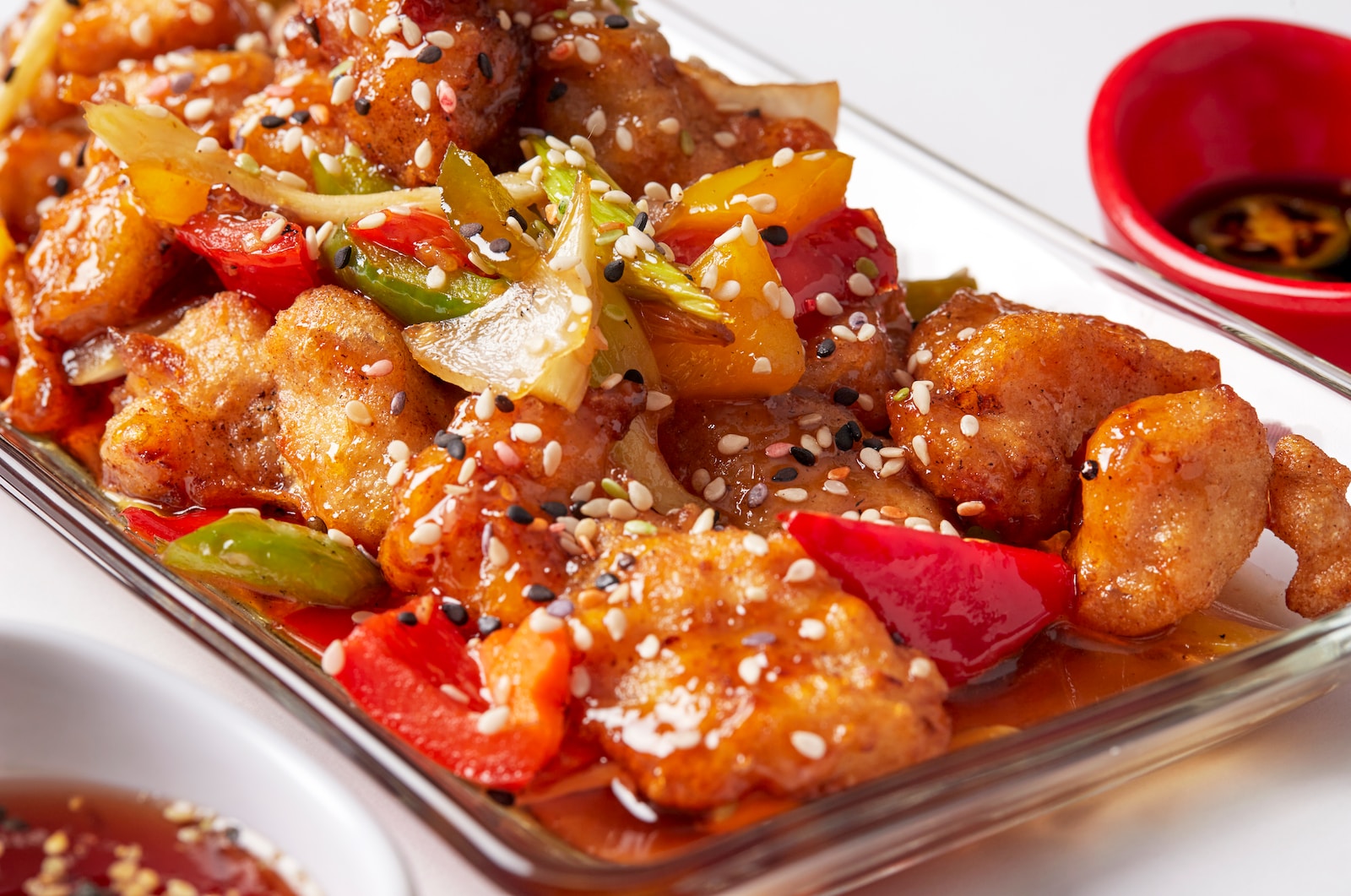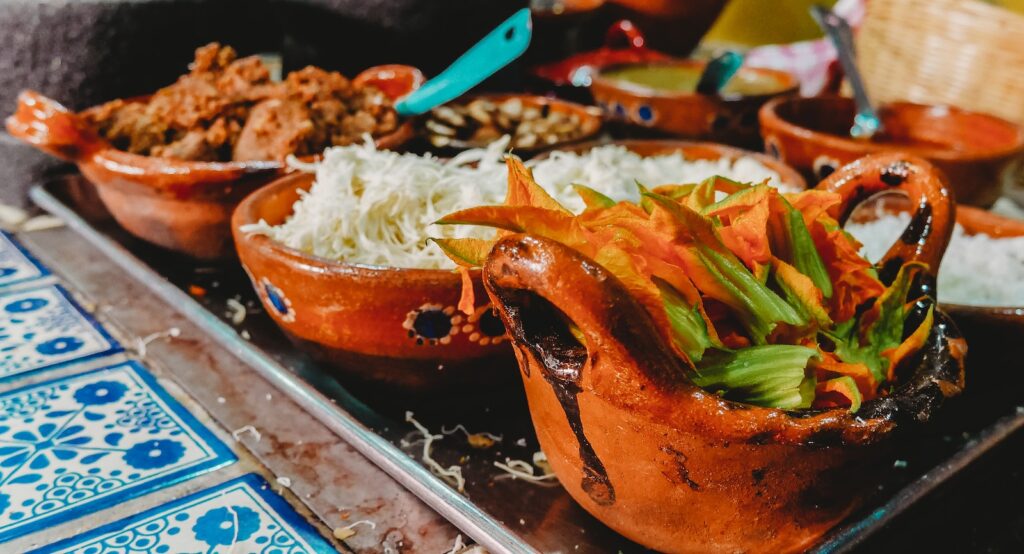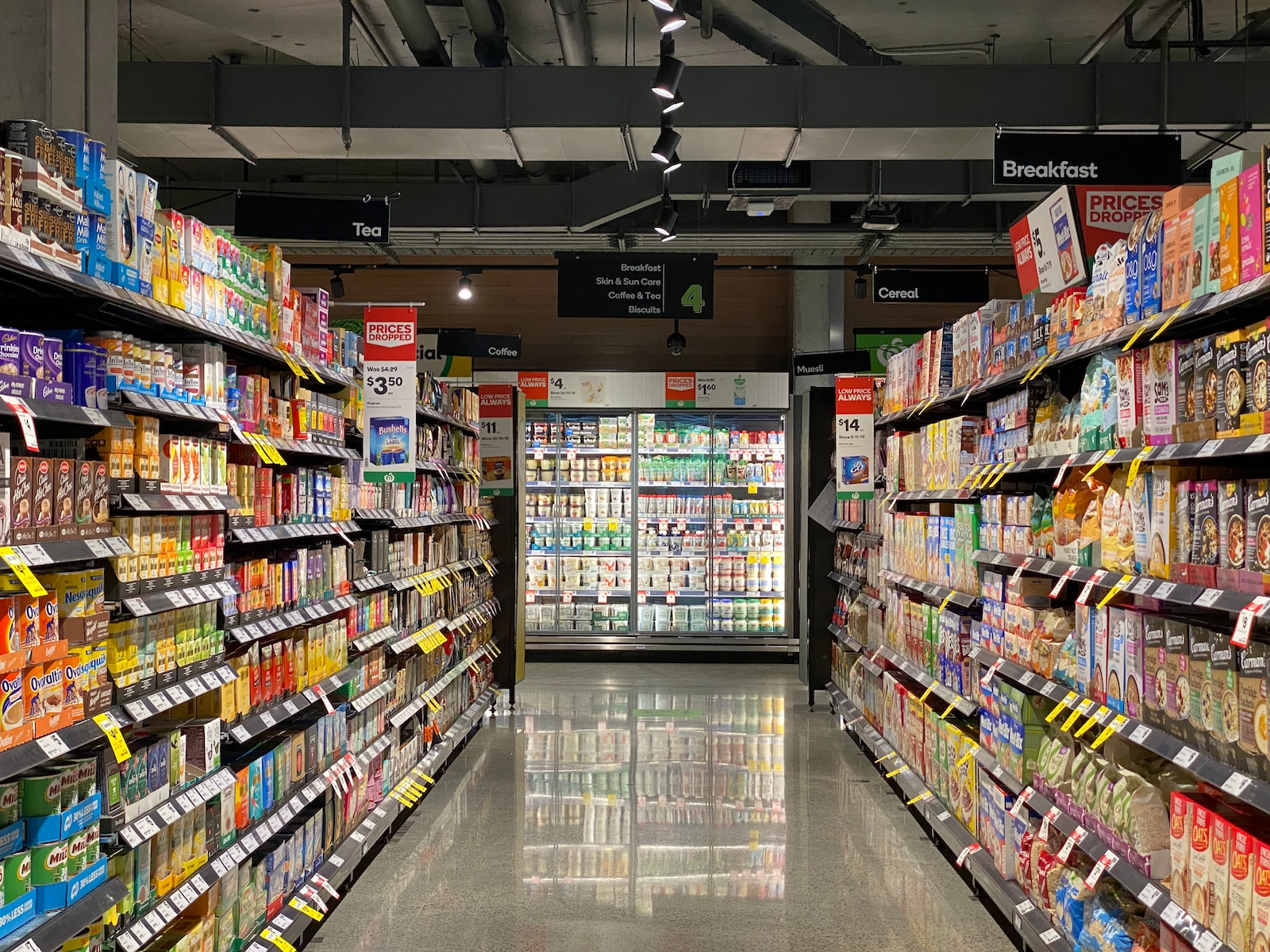If you’re considering hiring a personal chef, you may be wondering what types of cuisine they can prepare. The answer is that personal chefs can create a wide range of dishes, from classic comfort foods to exotic international cuisine. In fact, one of the benefits of hiring a personal chef is that they can customize their cooking to your specific tastes and dietary needs.
Whether you’re looking for healthy, low-calorie meals or indulgent comfort foods, a personal chef can create a menu that meets your needs. They can also prepare dishes from around the world, including Italian, Mexican, Thai, and more. Additionally, many personal chefs specialize in specific types of cuisine, such as vegan or gluten-free cooking, so you can find a chef who can cater to your dietary preferences.
Key Takeaways
- Personal chefs can create a wide range of dishes, from classic comfort foods to exotic international cuisine.
- They can customize their cooking to your specific tastes and dietary needs.
- Many personal chefs specialize in specific types of cuisine, such as vegan or gluten-free cooking.
The Role of a Personal Chef
As a personal chef, your role is to provide customized meal preparation services to clients in their homes or other locations. You work with clients to create menus that meet their dietary needs, food preferences, and budget. You are responsible for shopping for groceries, preparing the meals, and cleaning up after yourself. You may also be responsible for storing the prepared items in the client’s refrigerator or freezer.
Your responsibilities as a personal chef can vary depending on the client’s needs. Some clients may require you to prepare meals for them every day, while others may only need your services once a week. You may also be required to prepare meals for special occasions, such as dinner parties or holiday gatherings.
Your clients may have a variety of dietary needs, including gluten-free, vegetarian, or low-sodium diets. You must be able to work with these dietary restrictions to create meals that are both healthy and delicious.
As a personal chef, you have the opportunity to build a career path in the culinary industry. You can gain experience and develop your skills by working with a variety of clients and learning new techniques and recipes. You may also choose to specialize in a particular type of cuisine, such as Italian, French, or Asian.
Overall, the role of a personal chef is to provide customized meal preparation services to clients in their homes or other locations. You are responsible for menu planning, grocery shopping, meal preparation, and clean up. You must be able to work with a variety of dietary needs and preferences to create meals that are both healthy and delicious.
Types of Cuisine a Personal Chef Can Prepare
As a personal chef, you have the freedom to create a wide range of cuisines for your clients. From local to international dishes, you can offer a variety of options to cater to their taste preferences. Additionally, you can also specialize in preparing meals for clients with special dietary needs. Here are some types of cuisine a personal chef can prepare:
Local and International Cuisines
As a personal chef, you can prepare a variety of local and international cuisines. You can offer your clients dishes from their home country or region, or introduce them to new and exciting flavors from around the world. Some popular local and international cuisines that you can prepare include:
- Italian: Italian cuisine is known for its simple yet delicious flavors. You can prepare classic dishes such as pasta carbonara, spaghetti bolognese, and margherita pizza.
- Mexican: Mexican cuisine is known for its bold and spicy flavors. You can prepare dishes such as tacos, enchiladas, and guacamole.
- Japanese: Japanese cuisine is known for its fresh and healthy ingredients. You can prepare dishes such as sushi, sashimi, and ramen.
- Indian: Indian cuisine is known for its aromatic spices and complex flavors. You can prepare dishes such as butter chicken, biryani, and samosas.
Special Dietary Needs Cuisine
As a personal chef, you can also specialize in preparing meals for clients with special dietary needs. Whether your client is vegan, gluten-free, or has other dietary restrictions, you can create delicious and healthy meals that cater to their needs. Here are some types of special dietary needs cuisine that you can prepare:
- Vegan: Vegan cuisine is free from animal products such as meat, dairy, and eggs. You can prepare dishes such as lentil soup, vegetable stir-fry, and tofu scramble.
- Gluten-free: Gluten-free cuisine is free from gluten, which is found in grains such as wheat, barley, and rye. You can prepare dishes such as gluten-free pasta, quinoa salad, and roasted vegetables.
- Low-carb: Low-carb cuisine is low in carbohydrates, which can help with weight loss and blood sugar control. You can prepare dishes such as cauliflower rice, zucchini noodles, and grilled chicken with vegetables.
In conclusion, as a personal chef, you have the flexibility to create a wide range of cuisines for your clients. From local to international dishes, and from vegan to gluten-free options, you can cater to their taste preferences and dietary needs.
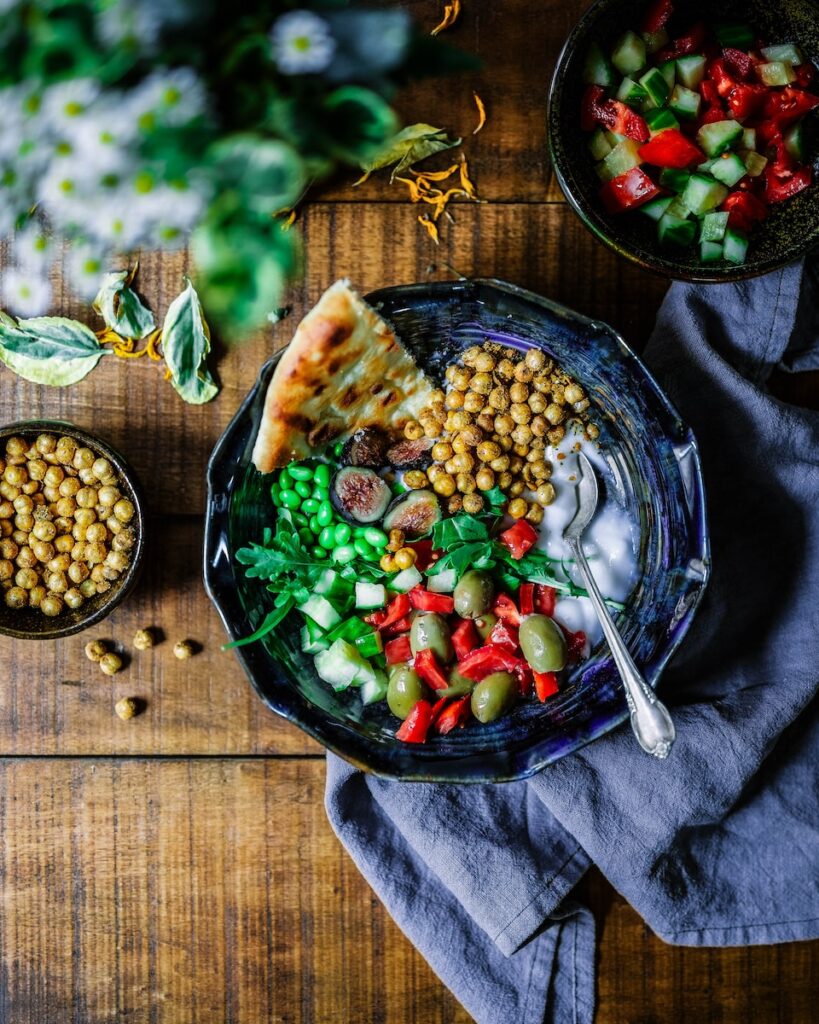
Meal Planning and Preparation
As a personal chef, meal planning and preparation are two of the most important aspects of your job. Creating customized menus, grocery shopping, and meal preparation are all crucial steps in providing your clients with delicious, healthy meals that meet their dietary and taste preferences.
Creating Customized Menus
When it comes to creating customized menus for your clients, it’s important to take into account their dietary preferences, taste preferences, and portion sizes. Before you begin planning meals, sit down with your client and discuss their needs and preferences. This will help you create a menu that is tailored to their specific needs and tastes.
When creating a meal plan, consider incorporating a variety of foods from different food groups to ensure that your client is getting a well-balanced diet. You can also experiment with different cooking techniques and flavors to keep things interesting.
Grocery Shopping and Meal Preparation
Once you have created a customized menu, it’s time to hit the grocery store. When grocery shopping, make sure to choose high-quality, fresh ingredients that will make your meals taste great. You can also save time by shopping for ingredients in bulk and freezing leftovers for later use.
When it comes to meal preparation, it’s important to have a plan in place. Consider prepping ingredients in advance to save time, and make sure to follow food safety guidelines to prevent foodborne illness. You can also experiment with different cooking techniques to add variety to your meals.
Overall, meal planning and preparation are essential skills for any personal chef. By creating customized menus and using high-quality ingredients, you can provide your clients with delicious, healthy meals that meet their specific needs and preferences.
Skills and Training Required
To become a successful personal chef, you need to have a combination of culinary training and experience, as well as customer service skills. In this section, we’ll delve into each of these areas in more detail.
Culinary Training and Experience
To become a personal chef, you will need to have a solid foundation in culinary skills. This can be obtained through formal culinary training at a culinary school or through an apprenticeship with an experienced chef. Many personal chefs have also gained experience by working in restaurants or catering companies.
If you’re considering culinary school, it’s important to research different programs to find one that fits your needs and budget. Some programs offer hands-on experience in a professional kitchen, while others focus more on theory and culinary techniques. It’s also important to consider the reputation of the school and the success of its graduates.
In addition to formal training, it’s important to gain experience in a variety of culinary settings. This can include working in different types of restaurants, catering events, or even volunteering at a local soup kitchen. The more diverse your experience, the better equipped you will be to handle a variety of culinary challenges as a personal chef.
Customer Service Skills
In addition to culinary skills, personal chefs need to have excellent customer service skills. This includes the ability to communicate effectively with clients, understand their dietary needs and preferences, and provide a high level of service.
As a personal chef, you will be working closely with clients to plan menus, shop for ingredients, and prepare meals. This requires strong interpersonal skills, including the ability to listen carefully to clients’ needs and preferences, and to work collaboratively to create meals that meet their expectations.
To further develop your customer service skills, consider joining the United States Personal Chef Association. This organization provides resources and training for personal chefs, including workshops on customer service and business management.
In summary, becoming a successful personal chef requires a combination of culinary training and experience, as well as strong customer service skills. By gaining experience in a variety of culinary settings and developing your interpersonal skills, you can build a successful career as a personal chef.
Challenges and Solutions
As a personal chef, you may face various challenges when it comes to catering to your clients’ needs. However, with proper planning and execution, you can overcome these challenges and provide your clients with a personalized and satisfying culinary experience.
Managing Dietary Restrictions
One of the most common challenges that personal chefs face is managing dietary restrictions. With an increasing number of people having specific dietary needs, it’s important for chefs to be able to cater to these requirements. Whether it’s a gluten-free, vegan, or low-carb diet, you need to be able to create meals that meet your clients’ dietary needs.
To overcome this challenge, it’s important to have a thorough understanding of different dietary needs and requirements. You can also create a list of ingredients that are safe for each dietary restriction and use it as a reference when creating menus. Additionally, you can consider taking courses or attending workshops to expand your knowledge on dietary restrictions and how to cater to them.
Catering to a Busy Schedule
Another challenge that personal chefs face is catering to a busy schedule. Many clients hire personal chefs because they don’t have the time to cook for themselves. As a result, you may need to create meals that can be prepared quickly or in advance.
To overcome this challenge, you can create a meal plan that includes quick and easy meals that can be prepared in advance. You can also consider using a slow cooker or pressure cooker to save time on meal preparation. Additionally, you can prepare meals in bulk and freeze them for later use.
Overall, managing dietary restrictions and catering to a busy schedule can be challenging for personal chefs. However, with proper planning and execution, you can overcome these challenges and provide your clients with a personalized and satisfying culinary experience.
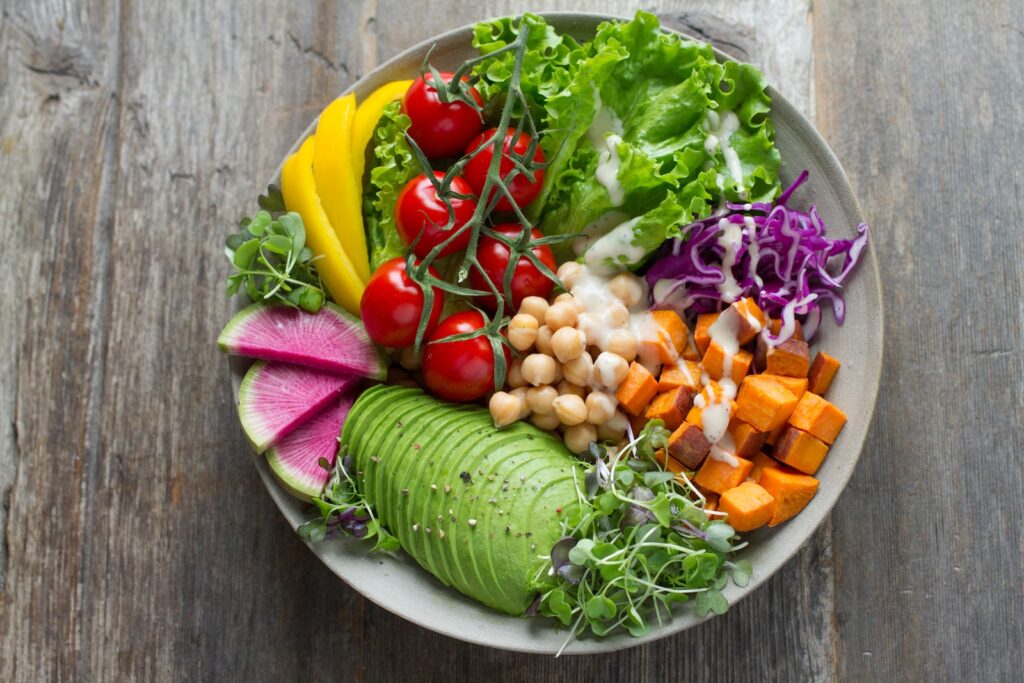
Benefits of Hiring a Personal Chef
Hiring a personal chef can provide you with a variety of benefits, from convenience to health benefits. Here are some of the top benefits of hiring a personal chef:
Convenience
One of the biggest benefits of hiring a personal chef is the convenience it provides. Cooking can be a chore, especially if you’re trying to balance it with a busy work and home schedule. Personal chefs take the burden away from you so that you know dinner is always going to be ready and stunningly cooked every night.
Health Benefits
Another benefit of hiring a personal chef is the health benefits it can provide. Personal chefs can prepare meals that are tailored to your dietary needs and preferences. This can include meals that are low in calories, high in protein, or free of certain allergens. By eating healthy, you can lose weight and feel better overall.
Luxury
Hiring a personal chef can also provide you with a luxury experience. You can enjoy fine dining in the comfort of your own home, without the hassle of eating out. Personal chefs can create dishes that are restaurant-quality, using only the freshest and highest quality ingredients.
Save Money
While hiring a personal chef may seem like a luxury, it can actually save you money in the long run. By having a personal chef, you can avoid eating out and pre-made meals, which can be expensive and often unhealthy. You can also avoid wasting food by only purchasing what you need, which can save you money on groceries.
Time-Saving
Hiring a personal chef can also save you time. You can spend more time with your family and friends, or focus on other important tasks, while your personal chef takes care of the cooking. This can be especially beneficial for busy professionals who don’t have the time or energy to cook after a long day at work.
In summary, hiring a personal chef can provide you with a variety of benefits, including convenience, health benefits, luxury, saving money, and time-saving. By hiring a personal chef, you can enjoy delicious, healthy meals without the hassle of cooking yourself.
Pricing and Affordability
One of the biggest concerns when hiring a personal chef is the cost. However, the price of a personal chef can vary depending on several factors, such as the type of cuisine, the number of people to be served, and the chef’s experience.
According to Care.com, the average cost for a personal chef is between $100 and $400 per meal, depending on the chef’s experience and the complexity of the menu. However, this price can vary greatly, and some chefs may charge as little as $30 per hour, while others may charge more than $500 per meal.
To make personal chef services more affordable, some chefs offer meal prep services, where they prepare several meals in advance for you to reheat and enjoy throughout the week. These services can cost between $35 and $55 per meal, according to Meal Prep Mavericks.
If you’re on a tight budget, you can also consider hiring a culinary student or a less experienced chef. These chefs may charge lower fees than more established chefs, but they can still create delicious and high-quality meals.
To ensure that you’re getting the best value for your money, it’s important to discuss pricing and fees with your personal chef before hiring them. Be upfront about your budget and ask for a detailed breakdown of the costs involved.
In conclusion, hiring a personal chef can be an affordable and convenient way to enjoy delicious meals without the hassle of cooking. With a little research and careful planning, you can find a personal chef that fits your budget and culinary preferences.
The Business Side of Being a Personal Chef
As a personal chef, your culinary expertise is only one part of your business. To succeed in this career, you need to be able to market yourself effectively and build a loyal client base. Here are some tips on how to do that:
Marketing and Building a Client Base
Referrals
One of the best ways to build your client base is through referrals. Ask your current clients to recommend you to their friends and family. You can also offer incentives for referrals, such as a free meal or a discount on their next service.
Social Media
Social media is a powerful tool for marketing your personal chef business. Create accounts on platforms like Facebook, Instagram, and Twitter, and post photos of your delicious meals. Use hashtags to reach a wider audience and engage with your followers to build a community around your brand.
Networking
Networking is another important aspect of building your client base. Attend food festivals, culinary events, and other industry gatherings to meet potential clients and build relationships with other chefs and food professionals.
Career Progression
As a personal chef, you have a range of career options available to you. Here are some of the paths you can take:
Executive Chef
If you have a passion for leading a team and managing kitchen operations, becoming an executive chef could be a natural progression for your career. Executive chefs oversee all aspects of a restaurant or catering business, from menu planning to staff management.
Sous Chef
If you enjoy working in a fast-paced kitchen environment, becoming a sous chef could be a good fit for you. Sous chefs work under the executive chef, managing the day-to-day operations of the kitchen and ensuring that meals are prepared to the highest standards.
Salary
According to the Canadian Personal Chef Association, personal chefs can earn between $35,000 and $45,000 per year, working part-time. However, your earning potential will depend on factors like your experience, location, and the types of services you offer. Consider offering additional services like cooking classes or meal planning to increase your income.
In conclusion, being a successful personal chef requires more than just culinary skills. You need to be able to market yourself effectively, build a loyal client base, and consider career progression options. By following these tips and staying passionate about your craft, you can build a successful and fulfilling career as a personal chef.
Safety and Cleanliness
As a personal chef, safety and cleanliness are of the utmost importance when preparing meals for your clients. Not only does it ensure the health and well-being of your clients, but it’s also a legal requirement to follow food safety guidelines. Here are a few things to keep in mind:
Safety
- Always make sure to wash your hands before and after handling food. Use warm water and soap for at least 20 seconds to remove any bacteria or germs.
- Use separate cutting boards and utensils for raw meats and vegetables to avoid cross-contamination.
- Cook all meats to their recommended internal temperature to kill any harmful bacteria. Use a food thermometer to ensure they are cooked properly.
- Store all food properly in the refrigerator or freezer to prevent spoilage and bacterial growth.
Cleaning Up
- Clean all surfaces and utensils thoroughly before and after use. Use a sanitizing solution to kill any remaining bacteria.
- Wash all dishes and utensils with hot soapy water and let them air dry.
- Sweep and mop the kitchen floor regularly to prevent any buildup of dirt and grime.
- Dispose of any food waste properly to avoid attracting pests.
Commercial Kitchen
If you’re working in a commercial kitchen, there may be additional safety and cleanliness requirements to follow. Make sure to familiarize yourself with the kitchen’s policies and procedures, and always adhere to them.
Refrigerator and Freezer
The refrigerator and freezer are essential components of any kitchen. Make sure to keep them clean and organized to prevent any food spoilage or contamination. Here are a few tips:
- Keep the refrigerator and freezer at the recommended temperatures to ensure food safety.
- Regularly clean the inside and outside of the refrigerator and freezer with a sanitizing solution.
- Label and date all food items to keep track of their shelf life.
- Dispose of any expired or spoiled food promptly.
By following these safety and cleanliness guidelines, you can ensure that your clients receive delicious and healthy meals that are prepared in a safe and sanitary manner.
Impact of the Pandemic on Personal Chefs
The pandemic has had a significant impact on the personal chef industry. With restaurants closed or operating at reduced capacity, more people are turning to personal chefs to provide them with restaurant-quality meals in the comfort of their own homes. In fact, the personal chef business has been booming during the pandemic [[1]].
As a personal chef, you have had to adapt to the pandemic by implementing new safety measures to protect yourself and your clients. This may include wearing masks and gloves, practicing social distancing, and sanitizing your equipment and workspace regularly.
You may also have had to change the way you work. With many people working from home, they may be looking for meals that can be prepared in advance and stored in the fridge or freezer for later. This means that you may need to focus more on meal planning and preparation, rather than on-site cooking.
Despite the challenges posed by the pandemic, many personal chefs have been able to thrive by offering creative solutions to their clients. For example, some chefs have started offering virtual cooking classes, where they can teach clients how to prepare meals from the comfort of their own homes [[2]]. Others have started offering meal delivery services, where they can provide clients with healthy, home-cooked meals without the need for in-person contact [[3]].
Overall, the pandemic has presented both challenges and opportunities for personal chefs. By adapting to the new reality and offering creative solutions, you can continue to provide your clients with the high-quality cuisine they expect, even in these uncertain times.
Conclusion
Hiring a personal chef can be a great way to enjoy delicious, customized meals without having to do all the work yourself. Personal chefs are skilled in a variety of cuisines and can create menus tailored to your specific tastes and dietary needs.
Whether you’re looking for classic French cuisine, spicy Indian dishes, or healthy plant-based meals, a personal chef can create it for you. They can also incorporate local and seasonal ingredients into their dishes to ensure that you’re getting the freshest and most flavorful meals possible.
In addition to preparing meals, many personal chefs also offer meal planning and grocery shopping services. This can be a huge time-saver for busy individuals and families who want to eat healthy, home-cooked meals but don’t have the time or energy to do all the work themselves.
Overall, hiring a personal chef can be a great investment in your health and well-being. With their culinary skills and expertise, they can help you eat well, save time, and enjoy delicious meals in the comfort of your own home.
Frequently Asked Questions
What are the most common cuisines that personal chefs are trained to cook?
Personal chefs can be trained in a variety of cuisines, including Italian, French, Asian, Mexican, and Mediterranean. However, the most common cuisines that personal chefs are trained to cook are American, Italian, and French.
What factors influence the type of cuisine a personal chef can create?
The type of cuisine a personal chef can create depends on several factors, including their training and experience, the ingredients available in the area, and the preferences of their clients.
What are some unique dishes that personal chefs can create?
Personal chefs can create unique dishes that are tailored to the preferences of their clients. Some examples include vegan and vegetarian dishes, gluten-free dishes, and dishes that incorporate exotic ingredients.
How do personal chefs accommodate dietary restrictions or preferences?
Personal chefs are trained to accommodate dietary restrictions and preferences. They can create meals that are gluten-free, vegan, vegetarian, low-carb, and more. They work closely with their clients to ensure that their dietary needs are met.
What are some popular services offered by personal chefs?
Some popular services offered by personal chefs include meal planning and preparation, grocery shopping, and kitchen organization. They can also provide cooking classes and catering services for special events.
What skills do personal chefs need to have to create high-quality meals?
Personal chefs need to have strong culinary skills, including knowledge of cooking techniques, flavor combinations, and ingredient pairings. They also need to be creative, adaptable, and able to work efficiently under pressure. Additionally, they need to have excellent communication skills to work closely with their clients and understand their preferences.
About the author
Dr Harlan Kilstein has been fascinated by cooking and food technology since he was young.
He has worked in the catering industry for many years.
He has authored more than a dozen recipe books in the Keto niche including Speed Keto, Speed Keto RFL (Rapid Fat Loss) and many more.

